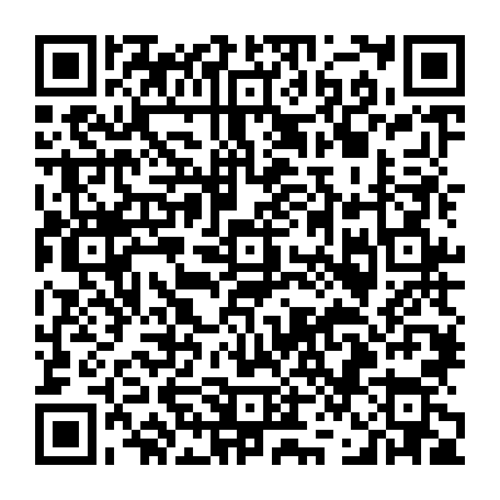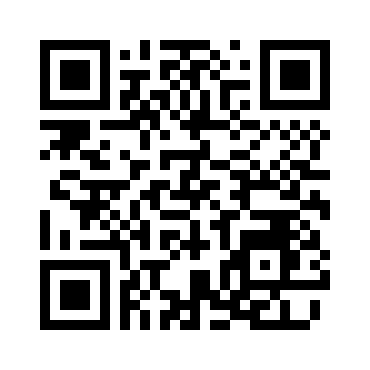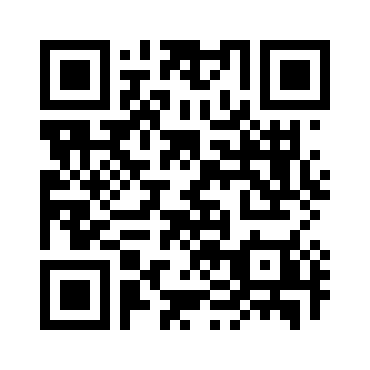By Peter Lee and Alex Fork, Founder of Humaniq | 1/31/18
Humaniq – https://humaniq.com/
LinkedIn Profile: Alex Fork
Peter Lee: Please tell us about Humaniq’s mission and platform?
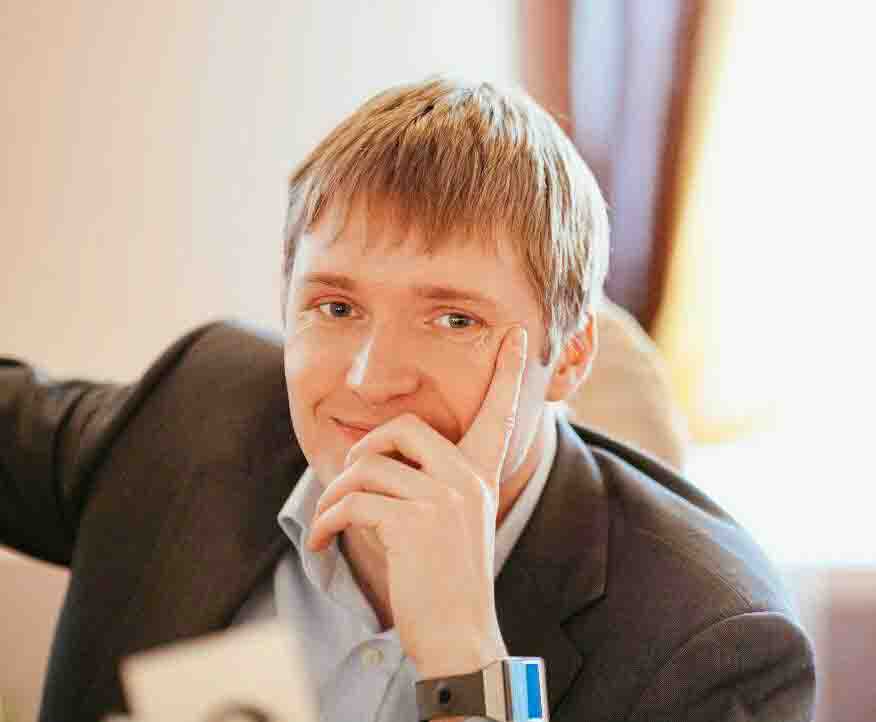 Alex Fork: The mission of Humaniq is to focus on the world’s unbanked, those left behind by traditional banking, a market where much more momentum is needed if mobile banking is to put into practice the vision of nobody being shut out of the digital economy.
Alex Fork: The mission of Humaniq is to focus on the world’s unbanked, those left behind by traditional banking, a market where much more momentum is needed if mobile banking is to put into practice the vision of nobody being shut out of the digital economy.
We harness Blockchain and biometric technologies to cut out the middlemen and enable self-deploying financial infrastructure that rapidly and cost-effectively extends the reach of digital transactions and identification. And we are building a new ecosystem of services for this massively underserved market, a ‘blue ocean’ for enterprise access offering a number of different financial and other services, starting with insurance and crediting.
Peter: What is Humaniq’s focus and how do people benefit from using your platform? Also, tell us about any recent activity and partners.
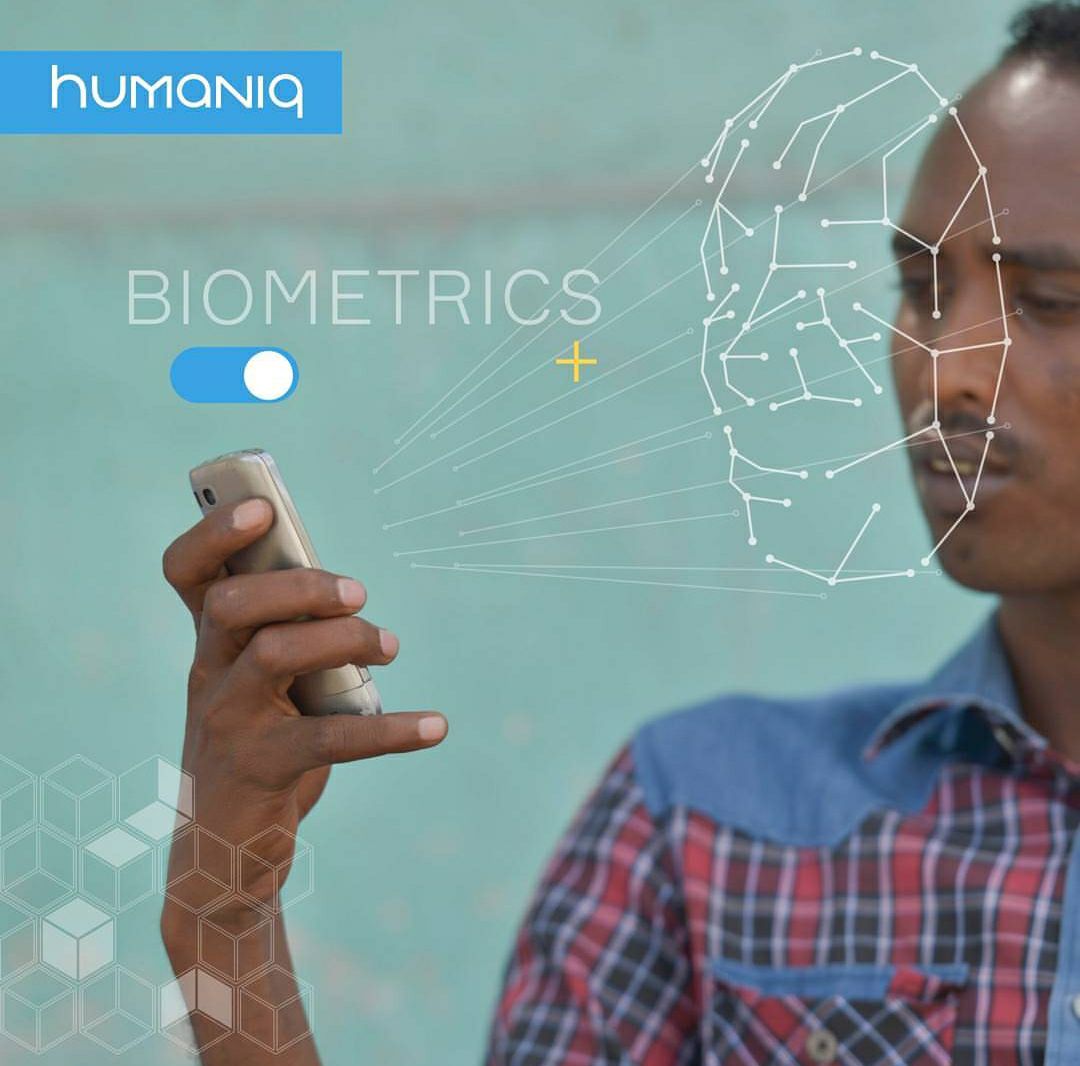 Alex: Our focus is on the world’s 2bn people that have no access to the banking system and 1.5bn who are currently under-banked and have partial access only – mostly living in the Global South. Last autumn we launched the Humaniq App with an initial focus on young people living in lower-income areas close to the centres of business and universities. It allowed them to immediately acquire online IDs and to receive and earn HMQ, our crypto-coin, by referring friends and navigating the App. As a result Humaniq community of users holding HMQ has grown to 20,000 in a few short months.
Alex: Our focus is on the world’s 2bn people that have no access to the banking system and 1.5bn who are currently under-banked and have partial access only – mostly living in the Global South. Last autumn we launched the Humaniq App with an initial focus on young people living in lower-income areas close to the centres of business and universities. It allowed them to immediately acquire online IDs and to receive and earn HMQ, our crypto-coin, by referring friends and navigating the App. As a result Humaniq community of users holding HMQ has grown to 20,000 in a few short months.
Humaniq is also partnering with entrepreneurs who intend to cater to our users – those with the best ideas participated in the Humaniq Global challenge, fact-finding with our target market on the ground in different areas of Kenya, whilst refining their plans ahead of their own ICOs and product launches in the Humaniq ecosystem.
Peter: The unbanked is your focus and as I’ve read elsewhere on your website, it is actually your ‘primary goal,’ the ‘financial inclusion of the world’s unbanked’. I’ve interviewed multiple financial blockchain companies that seek to serve the underserved but Humaniq appears to take it to the highest level I’ve seen thus far.
Humaniq is obviously a commercial endeavor but it also feels like a social cause. How do you go about striking the right balance, especially in your decision making?
Alex: Yes, indeed, Humaniq aims specifically at the unbanked regions and for that we have a number of research programs, and hold various gaming exercises. To date, we have successfully held about 30 such offline games in villages, markets and have got amazing insight as to how people start obtaining such electronic tools, how they start working collectively with this money. These are the findings of our research.
Financial inclusion of the unbanked is very similar to the task of alchemists who wanted to get gold out of lead – the end goal has never been reached, but along the way a large number of various discoveries were made, creating a mirror being one of them. In search for miracle-working components, the alchemists discovered or improved the methods of producing mineral and natural colourants, enamel, glass, acids, alkali, salts, metal alloys, developed a number of distillation methods, etc.
Our main goal is to include the unbanked people. That was the reason why we looked at the 5 poorest countries in the world and evaluated the degree of internet coverage in the region, looked at what the smartphone penetration is like and focused on those particular regions – particularly in Sub-Saharan Africa, not only Nigeria, Kenya and South Africa, but in the nations that have less economic influence – Tanzania, Uganda, Rwanda and around four other similar countries are currently being looked at as prospects for the future.
We have got a number of approaches for village smartphonisation but the correct introduction of smartphones into the everyday life requires separate financing and if we find partners among large producers who would be willing to participate in this programme, or a large capital with the help of which we would be able to finance this, we will easily find ourselves in a position to provide individual African citizens with smartphones.
Peter: Also, with all your focus on the ‘unbanked’ what about the ‘banked’ (so to speak), don’t you also want them as customers? Or, is the plan that the mass of ‘unbanked’ customers will eventually pull in the ‘banked’?
Alex: Those who have internet access and own a smartphone are certainly the first ones to be included. As part of scaling, we urge users to become our “agents,” standing on the frontline of the smartphonisation and account-opening process in regions where neither smartphones nor any sort of accounts have ever been available.
The Humaniq programme may be called an incentive to obtain smartphones and to open bank accounts – a certain reward is provided for a certain number of actions taken that eventually grow the network.
Peter: What’s the one biggest thing people don’t know about Humaniq that you wish they did?
Alex: Thank you very much, this is a good question, I like being asked these sort of questions. I could not have put this any better than Daniel Jeffries, a renowned futurologist, did – the essense being: if we think of economy as a game, then any person in the system is a player, and money distribution is the factor that determines the frame of this game and it always goes from top to bottom using the rules that maximise the power of those who hold that money. This was precisely what the kings and queens of the ancient world did and what the world governments are doing today.
Satoshi Nakamoto put a stress on the power to coin money, but not on the ability to distribute it which is the most important component of the whole structure.
One of the ways to resolve this issue is gamification of money distribution the moment money is made. Money may be given out as compensation for using the App or as distributed mining fees for companies that provide value to the network. This is precisely the route that Humaniq follows on the way to reach its goal of making the world a better place.
Peter: What has surprised you most about your journey with Humaniq?
Alex: That would be the fact that while there is such a huge potential for new technologies in growth markets such as Africa, the much-acclaimed gains for connecting people in these regions have largely failed to achieve their goals.
Another thing that surprised me was the degree of Internet coverage in Africa, along with how deep the smartphone penetration is in the region.
During our research in Africa (games held by Humaniq) the biggest emotional reactions to our app were received in the economically struggling regions, in slums, at the markets. In universities, on the contrary, emotions and cheer were scarce and pure calculation prevailed. All the villagers, even those from opposing teams, were happy about winning the games and receiving compensation for transactions and divided the award among all the participants evenly. At universities the participants divided the prizes based on principle of “whoever invested the most, gets the most”.
What was also quite surprising to come to know was that there are still places on this planet where people earn and have to survive on $1 per week.
Peter: What’s the high level marketing plan for how you’ll reach your goals, especially the millions of Humaniq customers? Has it been easier or harder than what you’ve thought? Is there a critical mass of unbanked users at which point you’ll feel/calculate that you’ve succeeded?
Alex: The main marketing plan is maintaining the right balance in the distribution of reward amounts for different actions within the network. We have a variety of rewards for specific actions that are being taken – for instance, when a person passes several levels of identification, they get one type of award, when they engage new users – another type of reward, and the same with making transactions, referring the app to other users, creating a group chat, etc.
The main purpose of such rewards is increasing the scaling speed and get the maximum number of people involved. At the initial stage, which is now, this is being done manually. We monitor how the size of the awards influences the growth of our user base. In the future, ideally we would like to turn to machine learning for this – to program a machine to grant the awards dynamically for the network to grow as quickly as practicable and just as effectively from the financial standpoint.
The biggest marketing plan is to “ignite” people’s imaginations to help our project development, so that the users could see a certain opportunity in it for themselves and the project goes viral.
The critical mass of users is out there. Facebook did some research that says if 6 people you know use a certain application you are also likely to install it. So, our task here is to achieve such network density that would ensure that 6 such acquaintances in the unbanked region have our App installed and are using it.
Peter: What does Humaniq look like 5 years from now?
Alex: In five years time, millions of the global unbanked in Africa, both the Americas and Asia will be accessing dozens of new services previously unavailable to them through the Humaniq App, enabling them to invest, earn, find employment, learn and progress using the Humaniq coin. Geography and income will determine the future of all these people much less than they do today.
Peter: Are you optimistic about the future given all the problems we have in the world today? Why hasn’t technology solved more of our problems? Can you name some individuals who are inspirations in this area?
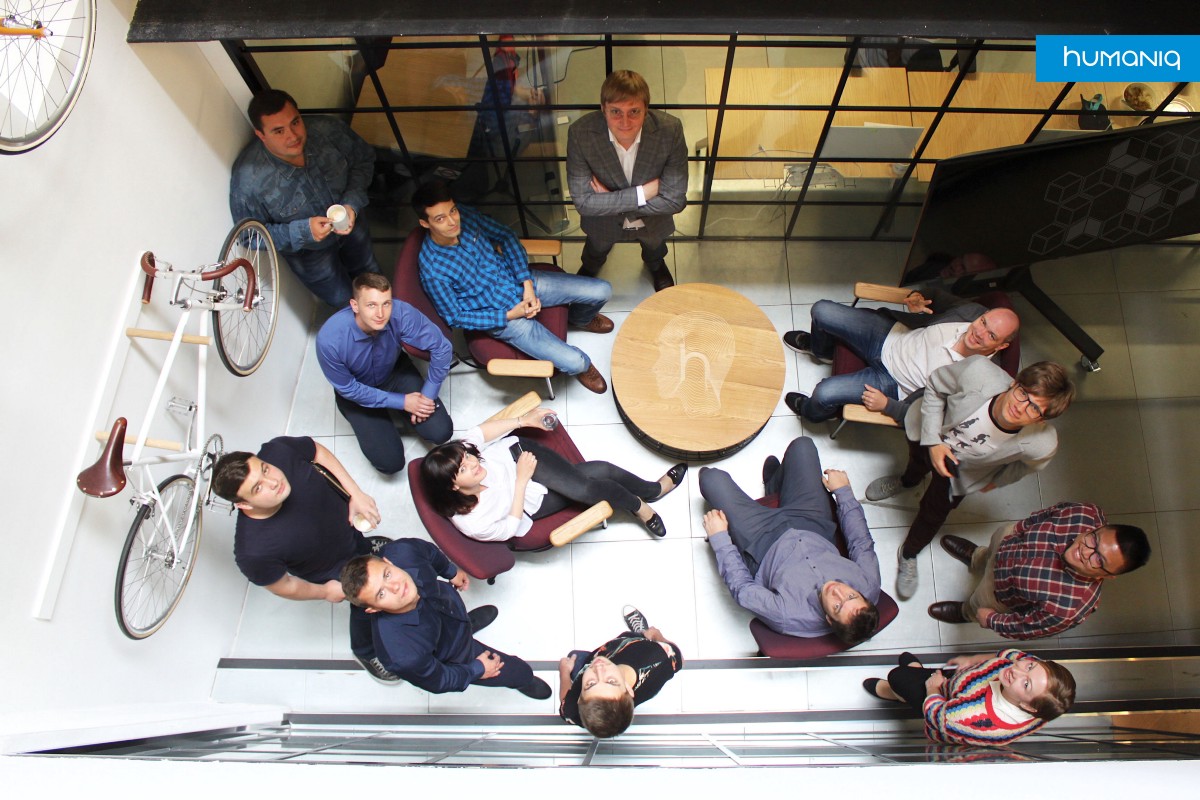 Alex: At Humaniq, we are optimists who believe in people: the future is in our hands and technology can help us free up our energy and talents to resolve the main problems we currently face as a planet: inequality, poor health, lack of food, climate change and conflict.
Alex: At Humaniq, we are optimists who believe in people: the future is in our hands and technology can help us free up our energy and talents to resolve the main problems we currently face as a planet: inequality, poor health, lack of food, climate change and conflict.
The problem is that technology to date has failed to match talent to demand for that talent. Instead the Internet is now based on companies with large, centralised servers that do not spread capital everywhere, but keep it concentrated at the top. We are inspired by everyone sharing our belief in democratisation of capital and opportunity, which is the best route to improving development outcomes. Among the most prominent personas that serve an inspiration are such thinkers as Bruce Sterling – him saying that “The future is a process, not a destination” resonates with me particularly – along with Noam Chomsky, Daniel Jeffries, Satoshi Nakamoto.
Peter: How helpful have the governments been in the countries where you’ve most concentrated your efforts? What role do they play? Are they hands off or do they actually impede your progress?
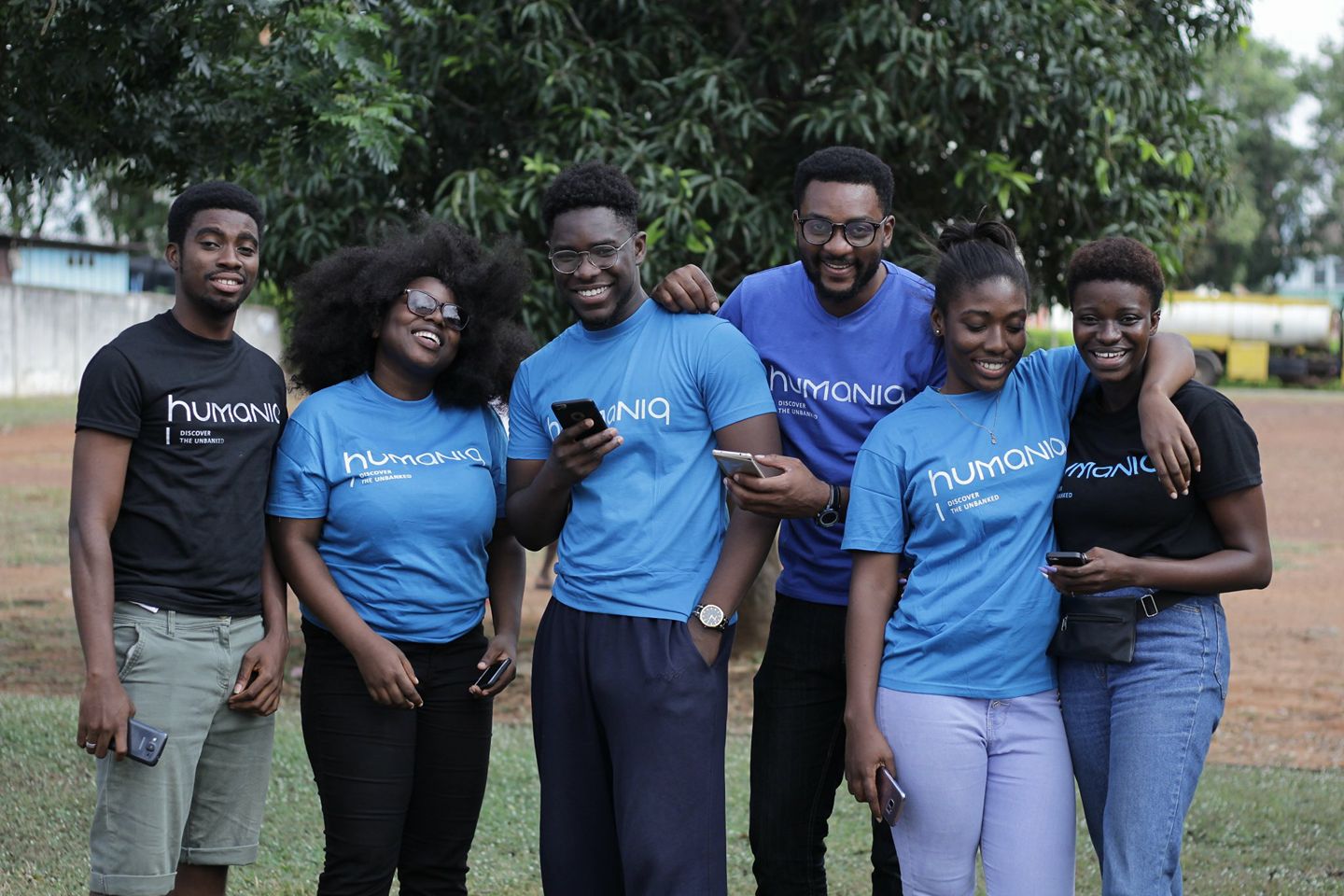 Alex: We received positive feedback from the central banks of a number of countries and our talks with them are currently ongoing. They have expressed interest in the technology itself and in some countries we are discussing a possibility of selling the license for using our product within those states. We are talking of smaller sized African countries which are not among the ones I mentioned earlier. I believe, there are no obstacles that can’t be discussed with countries’ governments. However, should this happen that we fail to find consensus, we will bow out and not advance in this particular country.
Alex: We received positive feedback from the central banks of a number of countries and our talks with them are currently ongoing. They have expressed interest in the technology itself and in some countries we are discussing a possibility of selling the license for using our product within those states. We are talking of smaller sized African countries which are not among the ones I mentioned earlier. I believe, there are no obstacles that can’t be discussed with countries’ governments. However, should this happen that we fail to find consensus, we will bow out and not advance in this particular country.
The key task is to prove that such a tool does in fact improve a country’s economy, increases its GDP and strengthens the human potential. For us this will be the main victory.

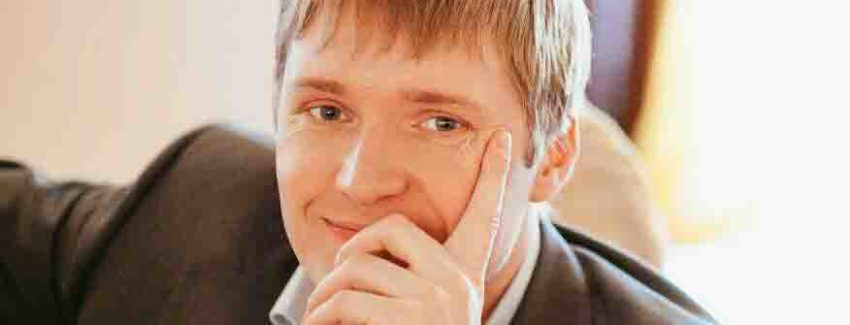

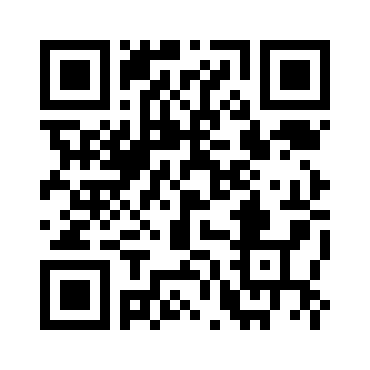



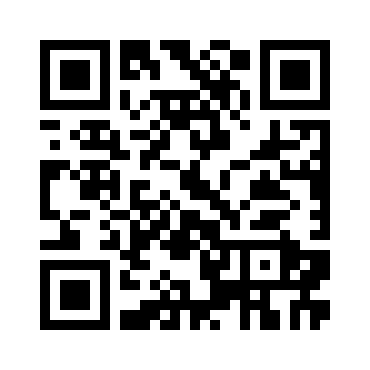

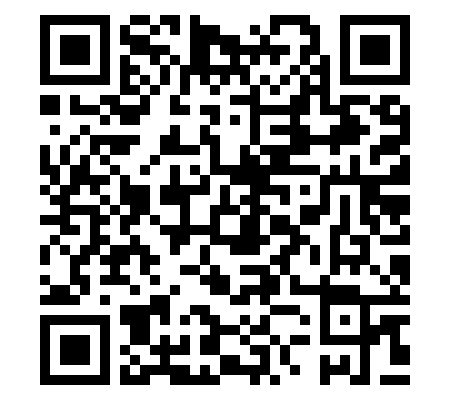 Thank you!
Thank you!
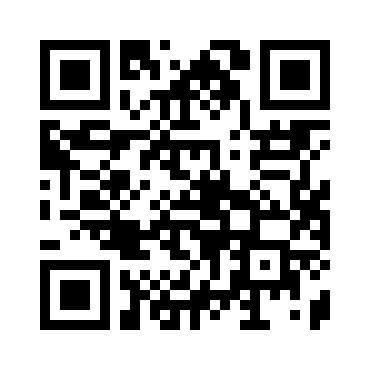 Thank you!
Thank you!
 Thank you!
Thank you!
